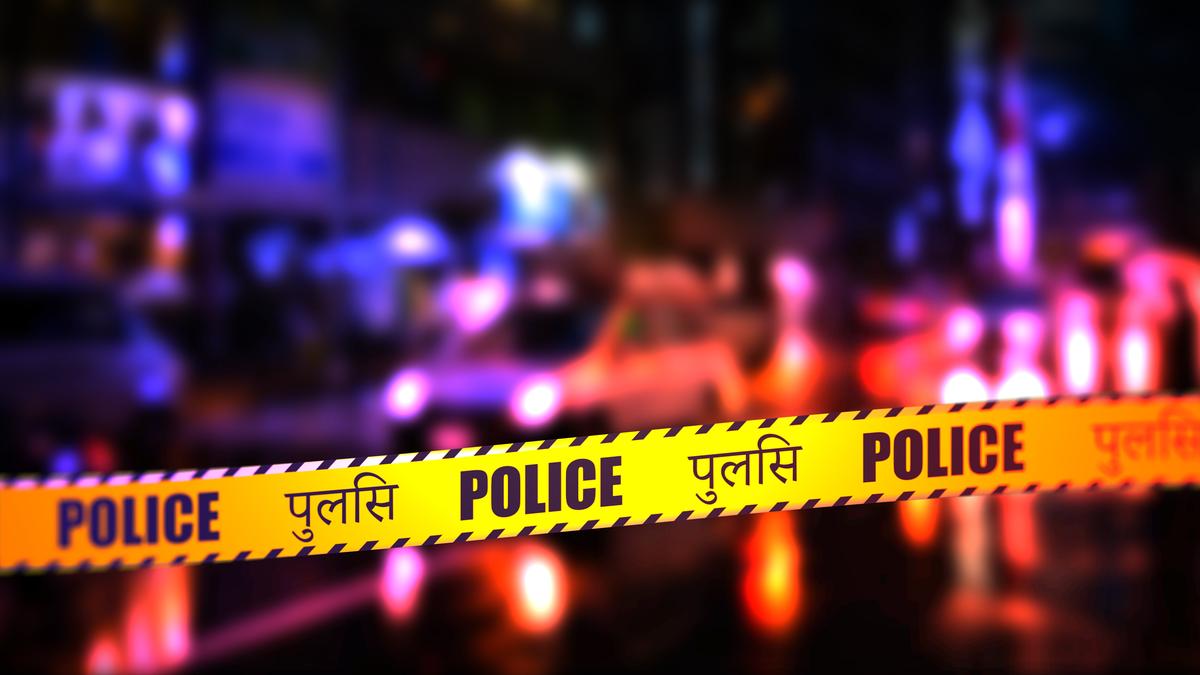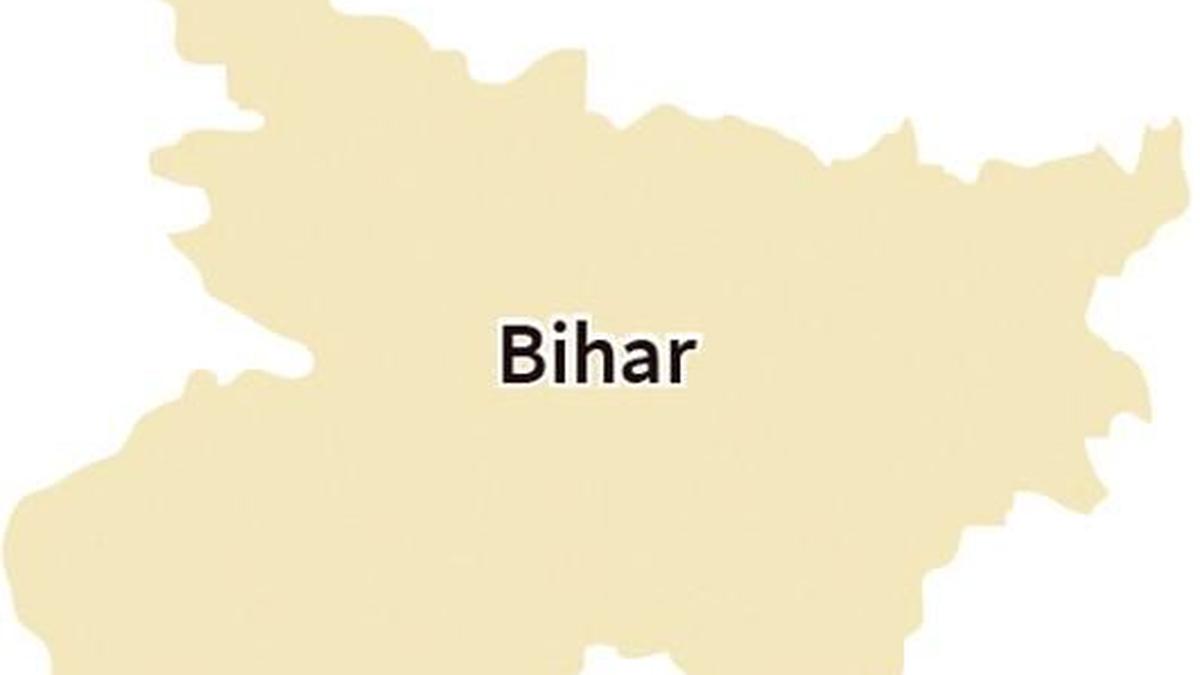Even as a pitched legal battle lies ahead for the Special Intensive Revision (SIR) exercise in Bihar, the Supreme Court on Monday (July 7, 2025) drew petitioners’ attention to a judgment which observed that the Constitution does not “exalt” the Election Commission as a “law unto itself”.
As Opposition parties joined forces in the top court, claiming the SIR of electoral rolls would inflict an ugly dent on the rights of crores from the marginalised sections of Bihar society, and even disenfranchise them, Justice Sudhanshu Dhulia, heading a Division Bench, referred to the court’s 1977 judgment in M.S. Gill versus Chief Election Commissioner, which said the “little, large Indian shall not be hijacked from the course of free and fair elections… A free and fair election based on universal adult franchise is the basic”.

The judgment was discussing the ambit of the power of the Election Commission under Article 324 of the Constitution. The Article gives the poll body the power of “superintendence, direction and control” over “all elections”.
However, Justice Krishna Iyer, who authored the 1977 judgment, said an Election Commissioner was still subject to the “norms of fairness and cannot act arbitrarily”.
“Article 324 does not exalt the Election Commission into a law unto itself… Unchecked power is alien to our system… It is well-established that when a high functionary like the Commissioner is vested with wide powers, the law expects him to act fairly and legally. Discretion vested in a high functionary may be reasonably trusted to be used properly, not perversely.

If it is misused, certainly the court has power to strike down that act,” Justice Iyer, who was part of the five-judge Constitution Bench, had emphasised in the judgment which may come up prominently for discussion in the next hearing scheduled on July 10.
The judgment was based on a reference after the EC cancelled the election to the 13-Ferozepur parliamentary constituency in Punjab in 1977 after mob violence broke out and ordered fresh election. Mr. Gill had challenged the decision, claiming the violence was orchestrated to thwart his probable win. He alleged the EC’s “arbitrary” decision to call off the election had deprived him of a valuable and hard-won victory. The Supreme Court upheld the EC’s power to cancel the election and order fresh polls under Article 324 of the Constitution.
However, the court said the power of the EC under Article 324 to do whatever was necessary to conduct an election, for that matter, any election, must not end up creating a “constitutional despot”.

The terms ‘superintendence, direction and control’ as well as “conduct of all elections” were the “broadest” of terms, Justice Iyer noticed. These terms opened doors to “myriad maybes, too mystic to be precisely presaged”. The EC could explain away certain actions by justifying them as necessary to reach the goal of free and fair election.
“It has been argued that this will create a constitutional despot beyond the pale of accountability; a Frankenstein’s monster who may manipulate the system into elected despotism — instances of such phenomena are the tears of history,” the court had cautioned.
However, the top court said, if such a situation came about, the judiciary would retort to “call the bluff, quash the action and bring order into the process”.



.png)
.png)
.png)
















 3 hours ago
3
3 hours ago
3









 English (US) ·
English (US) ·